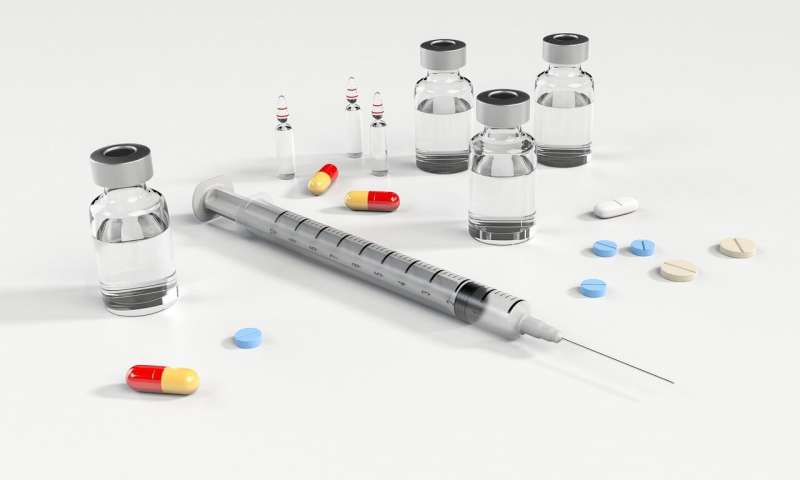Unexpected Side Effects of Common Medications: Increasing Risks of Pathogen Colonization

New research reveals that many common medications can disrupt the gut microbiome, increasing susceptibility to infections like Salmonella. Learn how drugs impact your microbial health and what it means for patient care.
Recent research highlights a concerning unintended consequence of many widely used medications: they can compromise the gut microbiome, creating opportunities for harmful pathogens like Salmonella to establish infections. The human gut hosts a complex community of microorganisms essential for digestion, immune training, and pathogen defense. While antibiotics are well-known for disrupting this microbial balance, new findings reveal that even non-antibiotic drugs—including allergy medications, antidepressants, and hormone therapies—can negatively impact the microbiome.
A comprehensive study led by Professor Lisa Maier at the University of Tübingen examined 53 common non-antibiotic medications in laboratory settings, using synthetic and human gut microbial communities. Results showed that roughly one-third of these drugs promoted the growth of Salmonella, a bacteria capable of causing severe gastrointestinal illness. Interestingly, many of these medications inhibit beneficial gut bacteria while pathogens like Salmonella Typhimurium remain unaffected, tipping the balance in favor of harmful microbes.
Further investigations in mice confirmed these effects, demonstrating that certain medications lead to increased Salmonella proliferation, resulting in more severe disease symptoms such as rapid onset and intense inflammation. The study attributes this to a reduction in microbial diversity and a decrease in bacteria that normally compete with pathogens for resources. This imbalance—referred to as microbiome dysbiosis—weakens the gut’s natural defenses and allows pathogenic bacteria to flourish.
The findings underscore the importance of considering microbiome health when developing and prescribing medications. The research team developed innovative high-throughput testing methods to evaluate how drugs influence microbiome resilience, advocating for microbiological assessments alongside traditional pharmacological research. The goal is to ensure that future medications do not inadvertently undermine the body’s natural microbial defenses.
Expert opinions emphasize that disrupting the microbiome can be especially dangerous for vulnerable populations like the elderly or immunocompromised individuals. Recognizing that many drugs can impair microbial barriers suggests that healthcare providers need to carefully weigh the benefits and potential microbiome-related risks. Incorporating microbiome impact assessments into drug development could lead to more effective treatments with fewer side effects.
This research signals a shift towards more holistic approaches in medicine, highlighting the microbiome as a vital component of human health that must be considered in both clinical and pharmaceutical contexts. Protecting and maintaining gut microbial health may become a key factor in preventing infections and promoting overall well-being.
Source: Medical Xpress
Stay Updated with Mia's Feed
Get the latest health & wellness insights delivered straight to your inbox.
Related Articles
Innovative Method for Measuring Aging Speeds Enhances Understanding of Healthspan and Lifespan in Older Adults
A new method for measuring the Pace of Aging improves prediction of health risks and enhances understanding of aging trajectories in older adults, supporting better health interventions and policies.
Genetic Factors May Delay Diabetes Diagnosis in Black and Asian Men
A genetic condition called G6PD deficiency can delay diabetes diagnosis in Black and South Asian men by affecting blood test accuracy, increasing their risk of complications. Research calls for improved screening practices to address health disparities.
Tirzepatide Outperforms Placebo and Liraglutide in Reducing Food Intake, Appetite, and Modulating Brain Function
A groundbreaking study reveals tirzepatide's superior ability to reduce appetite, food intake, and alter brain activity related to eating, outperforming placebo and liraglutide in a six-week trial.



